by Anil Gupta, Group Managing Director, CRISTOLTM
The journey of building a strong structure that can stand tall for decades involves years of intricate planning. The motive here is to pull up a structure that can withstand any rough condition; come what may.
Evidently, the process involves a mixture of building materials for various parts of architectural development. Architects consult with underlying structural engineers on the heap-bearing abilities of the materials with which they plan, and the most well-known materials are concrete, steel, wood, brickwork, and stone. Each of these retains various qualities, loads, and sturdiness, which makes it ideal for different various uses. Apart from the basics, Construction Chemicals are considered the most essential work as a binding element for maintaining the steadiness of the raw materials.
Construction chemicals are specialty products that are crucial for sustainable infrastructure and energy conservation in the construction industry to increase the durability of buildings and to provide added fortification from environmental hazards. Infrastructure is the most attractive segment in the Global Construction chemicals market. It would be the first preference for new entrants due to the surge in population and urbanization that drives the need for sustainable infrastructure and environmentally friendly products.
At Krishna Antioxidants, we manufacture advanced chemical solutions for the construction industry. We are engaged in formulating high-grade additives, catering to specific inquiries to fit customer requirements and enhance the quality of building materials to make the construction project sustainable, durable, and economical.
Construction chemicals are categorized into a range of products such as flooring chemicals, sealants, admixtures, waterproofing chemicals, grouts, and chemicals for maintenance and repair of structures. Currently, these products are among the vital components that go into constructing a building or structure. To list a few that are being used massively in the construction industry presently would include:
1. Concrete Admixtures:
These synthetic compounds are soluble in water and are blended in minute amounts to concrete combinations for changing certain properties. They help in limiting the construction developments' expenses and adjust the attributes of solidified cement.
2. Flooring Compounds:
Flooring materials these days are accessible in various kinds. As flooring surface adds warmth and appeal, it is considered a crucial part of a design. Various ground flooring materials are accessible today that are made utilizing flooring glues. One such significant deck material is flooring adhesives. It is utilized to fill the creases of tiles and gives a completing look.
3. Waterproofing Chemicals:
Waterproofing synthetic compounds are predominantly used to forestall leakages in residential as well as commercial buildings. They are especially applied to those constructions that are as often as possible in touch with water.
4. Caulks and Sealants:
Caulks and sealants are essentially barricades to outside factors like residue particles, fluids, dampness, oxygen, and so on They are known to seal an opening or a surface to keep away from leakage of any gas or fluid. Ordinarily, they are utilized to minute gaps that are hard to cover, with materials like drywall, concrete, and so on.
5. Chemicals to Repair and Rehabilitate Structures:
Every constructed structure requires maintenance and repairs specific span of time or because of some external damages. There are various sorts of chemicals accessible for patching up and keeping up with the developments. A portion of the chemicals that assume an essential part in the maintenance and recovery of constructions are bonding agents, primers, admixtures, erosion inhibitors, anti-erosive coatings, and grouts.
Of these chemicals being majorly used in the construction of industrial, residential, commercial, and infrastructure projects, the residential development segment accounts for the biggest market share for construction chemicals followed by commercial development. Residential buildings are expected to maintain their supremacy in the market of global construction chemicals due to the increasing number of residential projects.
Krishna Antioxidants possesses expertise in construction chemicals ranging from waterproofing agents, corrosion inhibitors, clay stabilizers, emulsions, grouts, super plastics, water repellents, and epoxy bonding agents, operating safely and efficiently throughout the value chain.
CRISTOLTM caters to respective industrys’ custom chemistry requirements under strict confidentiality, using in-house Research & Development, pilot & bulk polyvalent manufacturing capabilities. Explore contract – manufacturing opportunities with our technical expertise & process capabilities to effectively formulate your product.
The global construction chemicals market size was valued at $32.0 billion in 2018 and is expected to grow $50.6 billion by 2026, at a significant CAGR of 5.9%, between 2019 – 2026. With the construction industry recognized as the rapidly growing segment in India, Technically, infrastructural applications account for more than 63% of the Indian construction chemicals market.
The ubiquity of these materials throughout history has influenced how the business world operates. Because materials are continually found out and multiplied, construction works have evolved from being an industry of craftsmen to an administration that profits from efficiency-based techniques and machinery, aided by technological innovation.
What makes materials what they are is their chemistry—the composition, structure, and properties. Chemistry isn’t just limited to scientists’ labs and beakers. It is also used to create materials that grant buildings with enhanced building performance, enables energy and resource conservation, and facilitates materials that are easy to install and maintain.








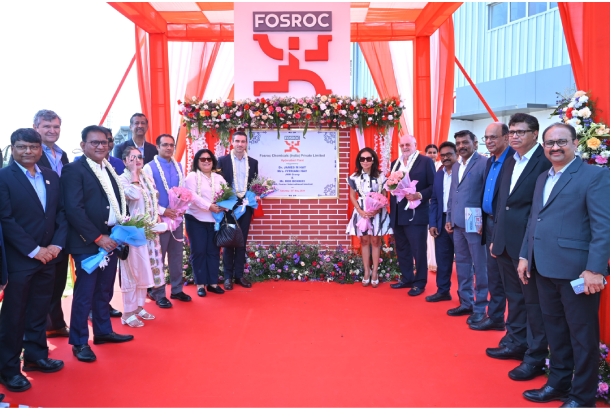
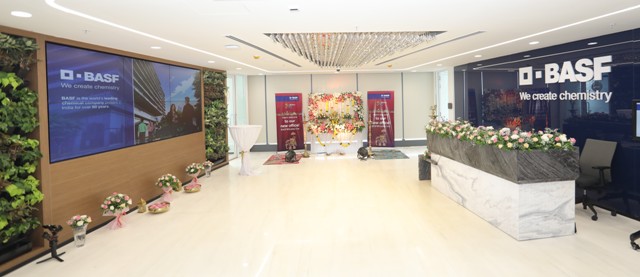
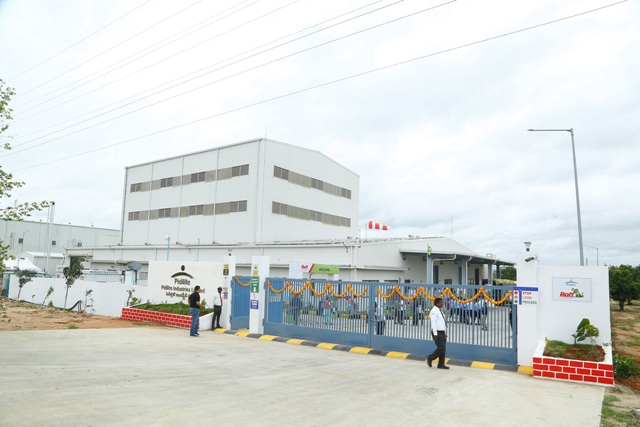






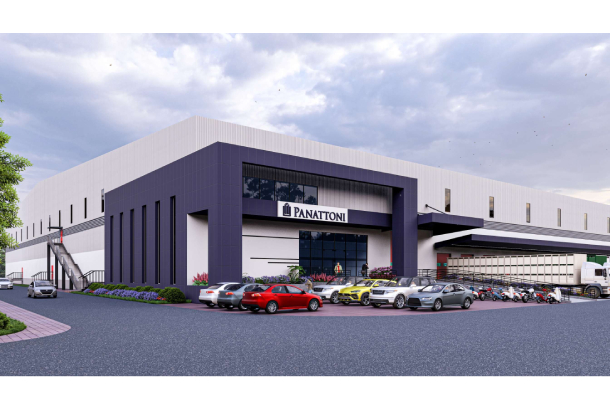

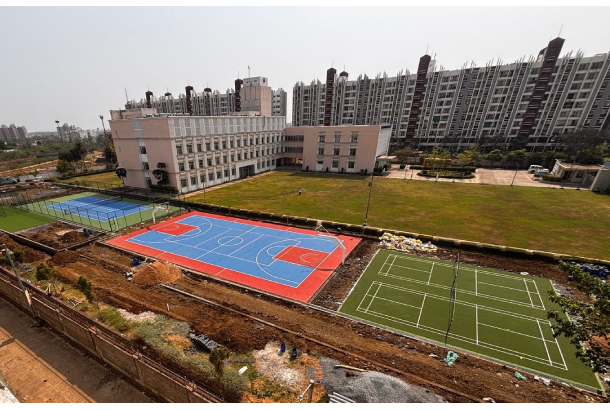







Follow